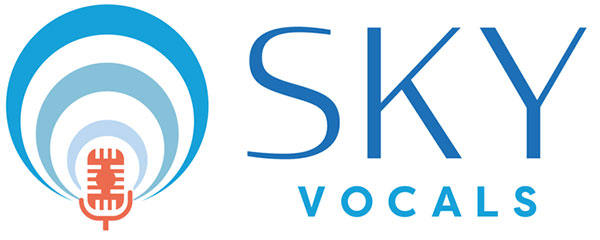5 Easy Steps to Manage and Work Through Stage Fright

Understanding What Causes Stage Fright
The key to understanding stage fright is to first comprehend the underlying factors that cause it. It’s no good wondering about this when you get out on stage, lights fixed on your face, expectant eyes glued to you – you need to prepare beforehand, so that your performance anxiety can be more easily managed in the moment. If you prepare and work through your stage fright (or the risk of it) in advance, then rather than freezing up on stage, fixed stock-still in a cold sweat, you’ll be able to work through it. You may even be able to use it to your advantage.
When we’re put in potentially uncomfortable situations, our body often elicits a fight-or-flight response. Adrenaline gets pumping around the body, and because of this, as the body prepares itself for any perceived ‘danger’, you feel hyper-alert, which often manifests in a severe anxiety. Going out and standing on your own in front of hundreds of people is certainly something that the mind might deem an anxiety-inducing, fight-or-flight situation. The key, however, is to work with the stage fright, rather than trying to butt against it – a usually fruitless activity. With that in mind, here are five super-easy tips to help you overcome and diminish your stage fright and performance anxiety:
- Practice! Practice! Practice!
How does the old saying go? Practice makes perfect? Some performers rely on innate, natural ability to see them through their performances – indeed, you might be one yourself – and whilst 9 times out of 10 that might work, it only takes one performance in which you blank to completely knock your confidence, moving forward. In these instances, if you’ve put in the preparation beforehand, then muscle memory alone might see you through, or it might free up your brain enough to quickly firefight your way through an awkward stage situation. The takeaway message? Don’t neglect your practice, because it really does help…
- Document Your Rehearsal Sessions (Either Via Video or Audio Recording)
When you practice, record it – it might seem a little awkward at first, looking back over your rehearsal sessions, but it can make all the difference. Give yourself (and get others to give you) constructive feedback, so that you can fine-tune problem areas of your performance. That way, as you approach the ‘dreaded’ part of your performance on the night, it’s no longer dreaded, but something you know how to approach and work through. It might still make you a bit anxious as you find yourself approaching it, but nowhere near as much as it might otherwise, had you not done some rehearsal-and-review sessions. Also, if you need to sharpen your singing technique and performing skills, seek out a vocal coach for help.
- Give Yourself Additional Contingency, Time Wise
It’s far better to be early than late, and it’s as simple as that. Giving yourself an extra hour at the venue, let’s say, before you’re actually due to start getting ready, will mean that you can relax into the situation, and even begin – shock horror – to enjoy the anticipation! Extra time also allows you to familiarise yourself with the surroundings, so that you’re not presented with any curveballs later on just before you walk onto the stage.
- Positive Thoughts Will Help Manifest a Positive Performance!
It’s important that you manifest the sort of performance you want to put on; if you go on expecting to deliver a nerve-filled, clammy, and pitchy performance, then you’re setting yourself up for failure. You need to visualize a positive outcome to your performance, even if deep down the prospect of it might well be terrifying you; ‘fake it until you make it’ is a mantra that’s stuck around for good reason. If you tell yourself you’re confident – even if deep down you’re sceptical – it doesn’t take long before that confidence starts cementing itself into something more genuine and deep-rooted. Remember, think positively to perform positively.
- Remembering the Role of the Audience
Arguably the most important thing to remember when tackling performance anxiety and stage fright, is remembering the connection that you share with the audience. They’re wanting you to perform well – they’re on your side! That connection between performer and audience is one of the quintessential parts of live performance, and it’s something you can (and should) tap into. When you walk on stage, take a moment to recognise that it’s not a ‘me’ and ‘them’ situation, but that it’s a collective, shared ‘us’ moment. You’ve put in the work, now trust in yourself and take that audience on a performance journey with you.
An Extra Tip for Free!
We thought we’d throw in this one for free because we’re just that nice! Limit your sugar and caffeine intake in the hours immediately preceding your performance. These stimulants aren’t going to aid your nerves. In fact, they’re only going to make your anxiety worse! Keeping calm before walking on stage is a crucial part of managing stage fright and performance anxiety, so you want to cut out anything that might be making that more difficult.
Final Thoughts…
When used in conjunction with one another, these tips should help you conquer your stage fright, and make the next time you go on stage an enjoyable experience, rather than something to dread. If they don’t, however, then a more focused course of therapy or counselling might also be beneficial.



